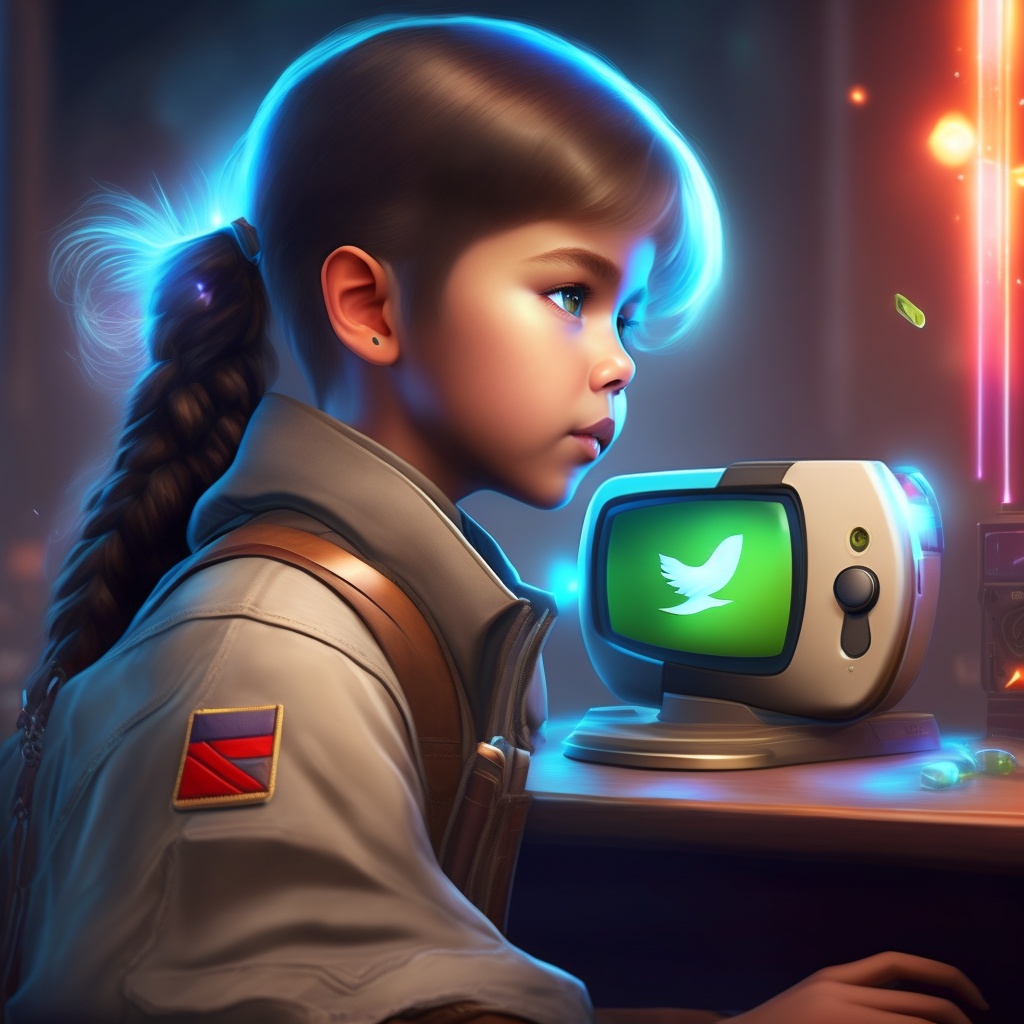In the past few decades, video games have had an undeniable impact on our society. From inspiring careers in game development to creating entirely new subcultures and ways of interacting with one another, this medium has far-reaching implications beyond escapist entertainment. With technological advancements being made at a rapid pace, it’s fair to ask: What are the current and future impacts of video games on our culture? In this blog post, we will explore how the gaming industry has influenced all aspects of modern life — ranging from generational differences in interactions to educational systems incorporating playful elements. Additionally, we’ll delve into emerging trends and discuss what advances can be expected in terms of immersive technology as well as accessibility for everyone worldwide.
An Overview of How Video Games Impact Our Society
Video games have undeniably made a significant impact on our society, shaping the way we interact with technology and each other. Not only have they become a popular form of entertainment, but they also serve as a platform for socialization and education. The accessibility of video games has allowed individuals of all ages and backgrounds to connect through shared interests, creating a sense of community and belonging. Additionally, studies have shown that video games can improve cognitive skills, and problem-solving abilities, and even relieve stress. However, concerns have also been raised about the potential negative effects of excessive gaming on mental and physical health. It is clear that video games have become an integral part of our societal landscape, and understanding their impact is crucial in navigating this rapidly evolving landscape.
A Look at the Positive Impacts of Video Games on Mental Health
While video games often get a bad reputation as a time-wasting and mind-numbing activity, research shows that they can actually have positive impacts on mental health. Games have been found to improve cognitive functions such as memory, spatial awareness, and decision-making skills. They can also serve as a stress-relieving source of entertainment and a way to connect with others through online multiplayer games. In fact, recent studies have shown that video games can even be an effective treatment for mental health issues such as depression and anxiety. So the next time someone tells you that playing video games is a waste of time, you can confidently argue that it’s actually a beneficial activity for your mental well-being.

The Negative Impacts of Violent Video Games on Behavior
There has been widespread concern about the negative effects of violent video games on behavior, particularly in children and adolescents. Studies have linked exposure to violent video games with an increase in aggressive behavior, desensitization to violence, and a reduction in prosocial behaviors like empathy and helping others. While some argue that the correlation between violent video games and aggression is not causal, many experts believe that constant exposure to violent themes and imagery can desensitize individuals to real-life violence and make aggressiveness seem more acceptable. It’s essential to recognize that not all video games are violent, and some can even have a positive impact on cognition and problem-solving skills. However, it’s essential to be mindful of the media we consume and its potential effects on our behavior and mental health.
How Online Multi-Player Gaming Is Impacting Social Interactions
Online multiplayer gaming is revolutionizing the way we interact with each other on a social level. With the advent of advanced gaming technology, gamers from different parts of the world can now connect and engage with each other on a gaming platform, regardless of their geographical location. Online gaming is promoting social interactions in ways never seen before, allowing gamers from different cultural backgrounds to come together and strengthen bonds through a shared love of gaming. Through online gaming forums, social media groups, and chat rooms, gamers can engage in conversations about their favorite games, share strategies, and ultimately form friendships. As online gaming continues to grow, the social benefits are becoming more apparent, drawing players closer together and helping to build more inclusive communities.
The Role of Video Games in Education and Skill Development
Video games have come a long way from their origins as mere entertainment. Nowadays, they are increasingly being seen as powerful tools for education and skill development. From enhancing cognitive abilities to boosting problem-solving skills, video games can help learners of all ages and backgrounds acquire new knowledge and refine existing ones. Serious games, for instance, can simulate real-life scenarios, enabling learners to practice skills in a risk-free environment. Additionally, gamification – the application of game-based elements in non-game contexts – can motivate learners and increase their engagement and retention rates. As technology continues to evolve, video games are poised to play an even greater role in education and training, making learning more accessible, immersive, and enjoyable for everyone.
Final Thoughts – Should We Regulate Access to Video Games or Not?
As video games have become an increasingly popular pastime, concerns have arisen about the potential negative effects they may have on players. Some argue that regulating access to video games would be a necessary step in protecting individuals from addiction or violent behavior. However, others believe that such regulation would infringe on people’s freedom to engage in a harmless hobby. Ultimately, the decision to regulate access to video games or not is a complex one that requires careful consideration of a multitude of factors. While it may be important to address any negative impacts, it is equally important to weigh the benefits of video games as a form of entertainment and even education. Ultimately, the answer to this question may vary depending on individual circumstances and needs.
Video games can have both positive and negative impacts on our society. At the most basic level, they can provide entertainment and a sense of accomplishment. On the other hand, they have been linked to mental health issues such as addiction, violence, and loneliness. Although research is inconclusive about the long-term effects of playing video games on impressionable minds, it’s clear that parents should monitor their children’s gaming habits due to concerns surrounding cyberbullying, predatory practices, exposure to sensitive subject matter, and sexual innuendos. Ultimately, there are pros and cons associated with video gaming; it’s up to individuals to decide how best to use this technology to their advantage in a responsible way.




